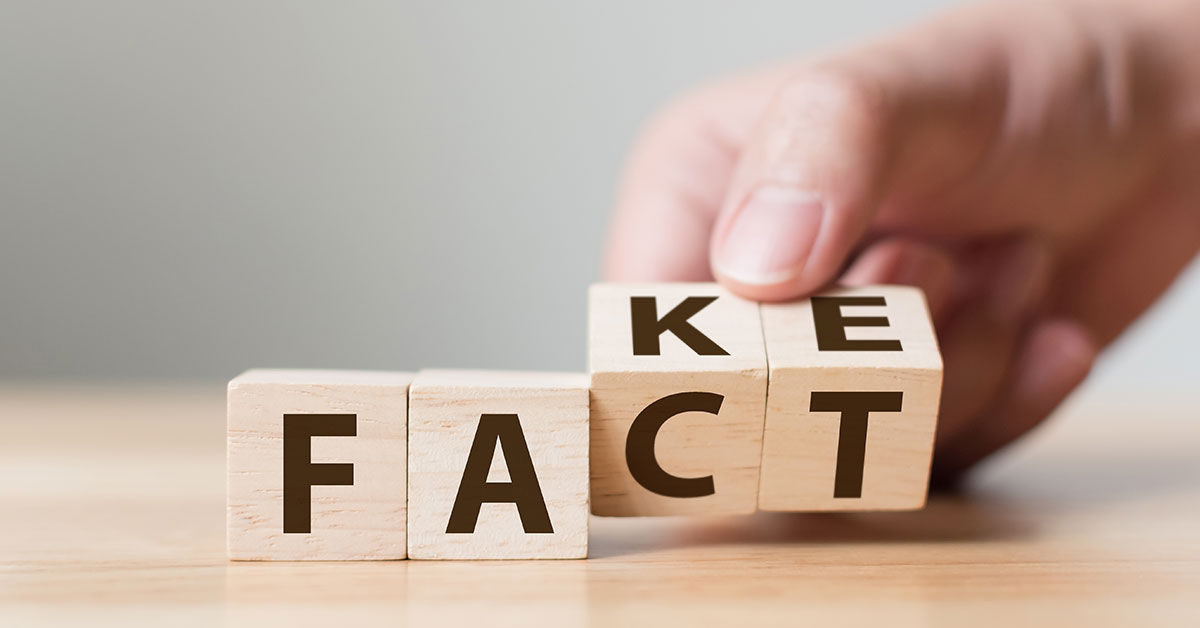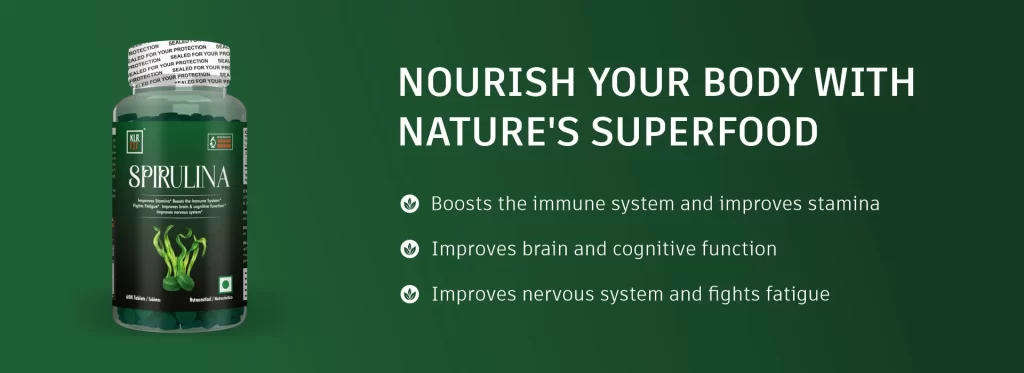
If you’re a gym-goer you’ve probably heard of Creatine. While some vouch for its effectiveness, others label it unsafe and risky. Unfortunately, creatine is shrouded in myth and rumor. Most of the information surrounding it is hearsay and not rooted in science.
Today we debunk 3 common creatine myths, so you can make an informed choice whether you want to use this supplement or not.
Myth 1: Creatine may damage Kidney or Liver
Fact: Multiple medical studies have confirmed that long-term creatine use does not have any adverse side-effects on kidneys or liver.
This is a completely false claim, probably originating out of elevated levels of creatinine (a marker used to diagnose kidney problems), following creatine supplementation.
This is a false positive, and is in no way an indication of your kidney health. Multiple studies have shown that creatine is a very safe supplement.
Creatine supplementation has no effects whatsoever on kidney or liver health. Hundreds of scientific studies have been done on the over-all safety of creatine. Here are some that may interest you.
- Long-term creatine supplementation does not affect clinical markers of health in athletes. (https://www.researchgate.net/publication/10798700_Long-term_creatine_supplementation_does_not_significantly_affect_clinical_markers_of_health_in_athletes)
- No effect of Creatine Supplementation of Blood Lipids. (https://www.ncbi.nlm.nih.gov/pubmed/10861335)
Myth 2: Creatine Causes Dehydration and Muscle Cramps
Fact: There is absolutely no evidence that creatine causes dehydration or muscle cramps.
Another common misconception is that use of creatine leads of dehydration and muscle cramping, especially in summers. This couldn’t be further from the truth. On the contrary, creatine increases the body’s water retention capabilities, keeping you hydrated even during intense work-outs.
There is absolutely no evidence co-relating creatine
supplementation and dehydration. Also it has no effect whatsoever on muscle
cramping, but instead boosts muscle strength allowing you to lift heavier.
Myth 3: Creatine makes you aggressive, and promotes hair loss.
Fact: Creatine does not impact testosterone levels like steroids, and has no impact on mood and hair.
Another misnomer associated with creatine is that it leads to hairloss and aggression. Some wrongly consider Creatine a steroid.
This is simply not the case.
Creatine is naturally produced in pancreas, kidneys and liver to provide energy to muscles during work-outs. It is not even remotely linked to testosterone or other steroid hormones. It has no impact whatsoever on mood or hair.
So, does creatine have any side-effects?
Creatine is a relatively safe bodybuilding supplemention, with no adverse effects when taken in the recommended dose.
You may notice an increase in body-weight in the first few weeks of creatine use. This is because creatine increases your body’s water retention. This temporary increase in water weight is a sign that creatine is working.
If you’re planning to supplement your exercise with creatine, we recommend you to try Klr.Fit’s NitroCre 1200*, which is an enhanced form of regular creatine monohydrate. It combines creatine and nitrate in a 3:1 ratio to create a supercharged easily absorbable creatine supplement.
* Combing Creatine with Nitrate makes it 10 times more soluble than creatine monohydrate, as proven by a UCLA study.








